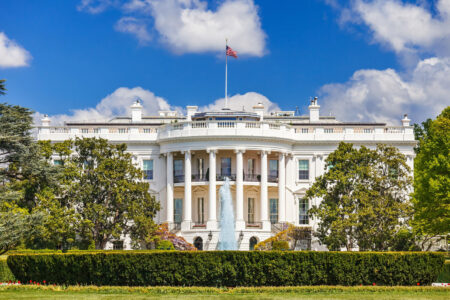In terms of volume, the cryptocurrency exchange Binance is the largest trading venue for digital assets in the world. The originally Chinese company has had problems with regulators in the past. Now, they are facing international pushback again.
About half a year ago, the United Kingdom's Financial Markets Authority (FCA) imposed a ban on crypto derivatives. As a result, most exchanges had to restrict their products locally. However, the FCA did not seem satisfied with Binance's measures. Last week, the regulator noted that Binance Markets Limited "is not entitled to carry on a regulated activity in the UK". The UK incident was not an isolated case; other regulators also commented on the globally most dominant crypto exchange.
Major bank Barclays blocks Binance
In response to the FCA's notice, Barclays - the UK's third largest bank - immediately began blocking payments to the trading platform. They are not the first to do so. Last month, National Westminster Bank (NatWest) also introduced a limit on daily transfers to cryptocurrency exchanges. This was due to the alleged fraud numbers associated with these operations. UK-based TSB Bank is considering similar measures.
"It’s our responsibility to help protect your money. With this in mind we’ve taken the decision to stop payments made by credit/debit card to Binance until further notice, to help keep your money safe." - Barclays' response
The decision made by Barclays affects more than 24 million customers worldwide. They are now unable to send their funds to Binance to buy cryptocurrencies. As the company has no offices in the UK, it uses a number of payment processors to route fiat money from its customers to the platform. These partners are now unable to process these payments.
No euro deposits via SEPA
The cryptocurrency exchange will temporarily suspend euro deposits from one of the main European payment networks due to what has happened. SEPA aims to harmonize Euro payments across the region. It allows consumers to send their Euros cheaply to three dozen countries. Binance also typically accesses SEPA through payment intermediaries in the process.
The suspension of deposits was necessary due to "events beyond our control". Any deposits made via SEPA in the meantime would be returned within 7 business days, according to Binance. SEPA withdrawals would not be affected by this suspension, they told Reuters.
Binance under global scrutiny
Binance has recently come under scrutiny from global regulators. In Thailand, for example, a criminal complaint was filed. According to the Securities and Exchange Commission (SEC) of Thailand, the exchange has no authorization to operate there. Similar warnings have been issued in the Cayman Islands, the Canadian province of Ontario, South Africa and Japan.
Binance is also under investigation by several regulators for suspected money laundering. As a result, the exchange said it is seeking to strengthen its systems to fully comply with existing regulations. Recently, it was announced that Binance will be one of the first exchanges to implement Traveler. This is a tool that automates compliance with the Financial Action Task Force (FATF) Travel Rule. Also, in late April, the company hired Brian Brooks, a former top regulator and acting head of the U.S. Comptroller of the Currency (OCC).




